Rob Hyde is Service Manager for the Audio Visual Unit at the University. Amongst other things, he makes sure that all our GTA spaces are ready to use at any time. Rob completed his HND and Degree in Systems Engineering in Cardiff and his Masters in Newport. He is now studying for a PhD here at Bath – researching the way that physical learning spaces are resourced. As well as working in various engineering and technical roles in the HE sector, Rob has spent some time working with British Steel. In 2015, he guided the AV Unit to ‘Best Team in Support of Student Learning’ in the University Teaching Awards, and is one of the co-founders of LITEbox at Bath. Recently, Rob led a workshop on technology and learning spaces as part of the CLT Lunchtime Hub series of events.
What can you see outside of the window?
Unfortunately, not a lot: a birch tree, the rear wall of 6WS, and a tiny piece of sky.
What does your average day at work involve?
I never get any two days the same! My day can involve several hundred emails, and plenty of project work. This week, for example, I'll be working on workload allocation for my team, and analysing and planning to change the system we use. But my daily routine has also included (amongst other things): working with a new contractor for the Winter Graduation ceremonies, planning next summer's upgrades of teaching spaces, meeting manufacturers of equipment, trying to work out how to change the lights in one of the lecture theatres, and finding out what equipment we need to safety test over the Christmas holidays.
Why do you think teaching at the university is important?
Teaching provides the learning environment through which we will inspire the next generation of students to learn and develop. I’m very conscious that the work my team undertakes has a direct effect on what my academic colleagues can deliver.
What do you hope your impact on teaching will be?
I’d like to get to a position where it’s not noticed we’re actually there. We’re aiming to get the same ability in, and processes behind, all the University's teaching spaces so that my academic colleagues at Bath can be confident that anything they want to do can be done. It should just happen.
" I’m very conscious that the work my team undertakes has a direct effect on what my academic colleagues can deliver."
Who has inspired you most in your career?
There have been so many, but there are two people who are most memorable. The first is from when I went to university. George Norwell saw something in me and decided to offer me a place at university despite me not getting particularly good grades due to ill health. The second, Clive Porter, was when I worked in the R&D department at British Steel. Clive had a remarkable skill in granting you the ability to think about a problem, and supporting your interpretation of what needed doing – even if you didn’t think of it in the right way in the first place!
Do things go wrong and how did you overcome them?
Unfortunately they do. Considering the amount of hours the rooms are in use for teaching each year (up to around 40,000 hours), then our 0.0018% downtime is pretty good! We do try to figure out what goes on in advance, and then use that information to minimise any issues that may come up. We try to simplify anything we do.
The other thing we try to do is to be like a swan – we paddle furiously underneath, and stay calm on the top! If you look at teaching spaces today, they have become quite complicated. We try to make the way they are controlled all the same. We also try to talk to everyone to find out what’s going on before it happens.
Recommend a book, film or album from the past year.
The book I enjoyed most this last year was ‘Spymistress: The Life of Vera Atkins’ by William Stephenson. In terms of music, it's ‘Le Kov’ by Gwenno Saunders.
What is the biggest change that you've made since you started your career?
This is quite a difficult question to answer if you work in technology. It changes whether you like it or not! I would say the changes we’re making now are pretty fundamental; which is why we try to collect enough data from systems to be able to make informed decisions.
What advice would you give to someone just starting out in supporting teaching at your university?
Talk to people. Take opportunities when they come along. Take an interest in things. Ask questions. Remember to be ABC – accurate, brief and clear.
What three things would you take to a desert island?
Electricity permitting, some CDs (and something to play them on); some tools; and preferably a boat!
Respond


